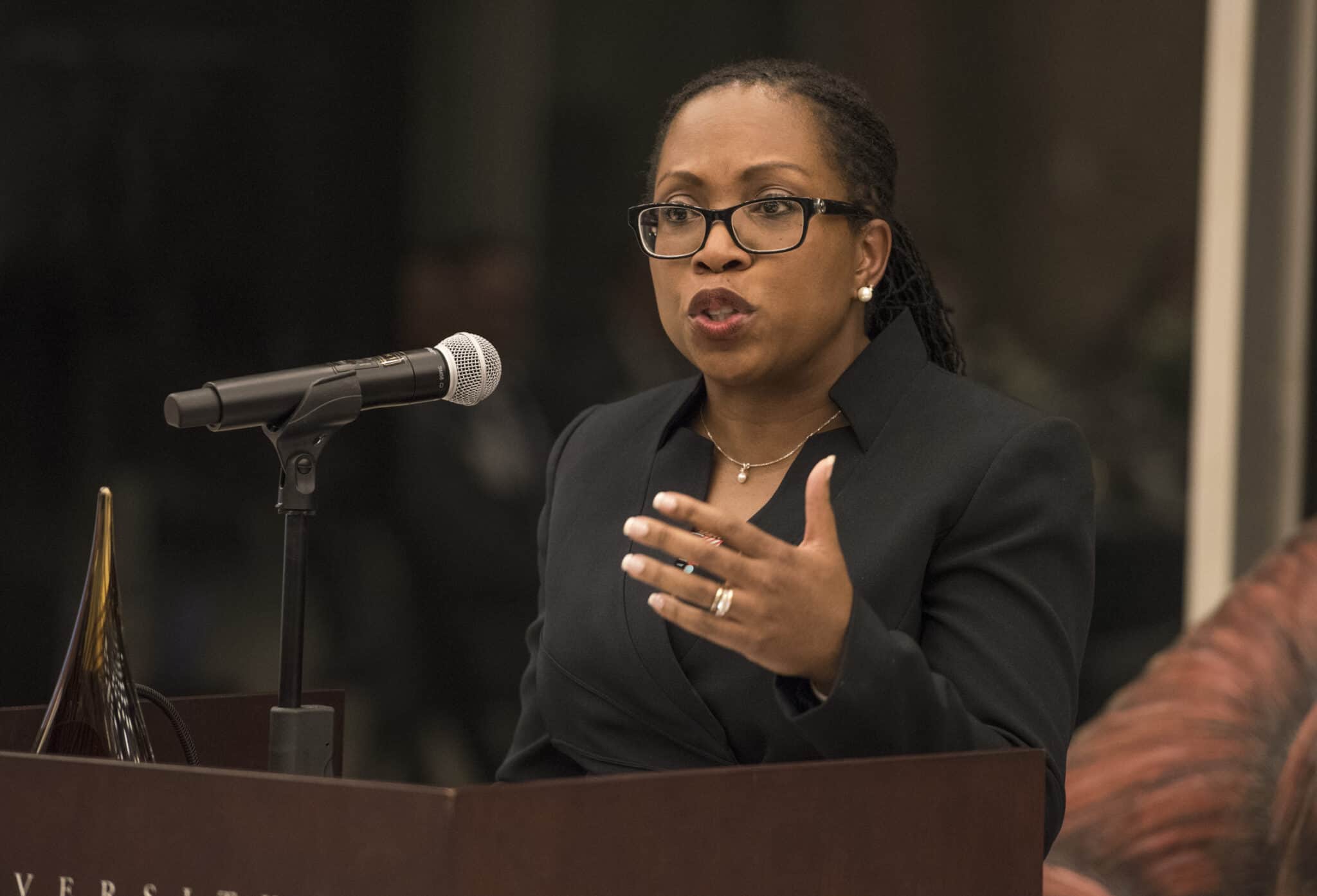
Tascha Shahriari-Parsa is a government lawyer enforcing workers’ rights laws. He clerked on the Supreme Court of California after graduating from Harvard Law School in 2024. His writing on this blog reflects his personal views only.
Yesterday, the NLRB General Counsel Jennifer Abruzzo released an important memorandum in which she stated her intent to ask the Board to rule that captive audience meetings, and other mandatory meetings where the employer presents anti-union rhetoric, violate the NLRA. The GC memo classifies unlawful mandatory meetings as those where employees are either forced to convene on paid time, or are cornered by management while performing their job duties. The memo’s line of reasoning is that, when an employee has to listen to speech that relates to their section 7 rights (such as why the employer believes the employee should not join the union), the employee’s right to not listen to that speech is denied under the threat of disciplinary action. This, according to the memo, means that the employee is coerced in the exercise of their Section 7 rights, violating Section 8(a)(1),
Ruling in line with Abruzzo’s reasoning would shift Board precedent away from what has been the standard since the 1948 Board case of Babcock & Wilcox Co., where the Board had ruled that captive audience meetings do not violate the NLRA because they do not necessarily amount to coercing employees to avoid exercising their Section 7 rights. The change would put the U.S. in line with many Canadian jurisdictions that ban captive audience meetings or treat them under stricter scrutiny. Crucially, it would address some of the key structural causes for the decline in unions: union certification campaign win rates could fall as much as 26 percentage points—from an average of 73% to 47%—when captive audience meetings are used.
Yesterday, Judge Ketanji Brown Jackson was sworn in as associate justice to the Supreme Court of the United States. Jackson makes history as the first Black woman to hold the seat, a painful reminder of the court’s history: out of 115 prior Supreme Court Justices, all but 7 have been white men. As Jason and I have previously described on this blog, Judge Jackson has delivered several decisions favorable to labor unions as a trial judge and as a judge on the D.C. Circuit. Jackson will begin her role after Justice Stephen Breyer retires, anticipated to be this summer, and begin hearing cases in October.
This week was also marked by several graduate student organizing victories. The MIT Graduate student union won its union on Wednesday, with about two-thirds of the votes in favor of unionization. Fordham graduate student workers also won their union yesterday, with a vote of 229-15. These graduate student union victories, as well as the more well known rising campaigns at Starbucks and Amazon, are part of a broader trend captured by NLRB data this week, which showed that union election petitions increased by a whopping 57% in the first half of the 2022 fiscal year.






Daily News & Commentary
Start your day with our roundup of the latest labor developments. See all
February 1
The moratorium blocking the Trump Administration from implementing Reductions in Force (RIFs) against federal workers expires, and workers throughout the country protest to defund ICE.
January 30
Multiple unions endorse a national general strike, and tech companies spend millions on ad campaigns for data centers.
January 29
Texas pauses H-1B hiring; NLRB General Counsel announces new procedures and priorities; Fourth Circuit rejects a teacher's challenge to pronoun policies.
January 28
Over 15,000 New York City nurses continue to strike with support from Mayor Mamdani; a judge grants a preliminary injunction that prevents DHS from ending family reunification parole programs for thousands of family members of U.S. citizens and green-card holders; and decisions in SDNY address whether employees may receive accommodations for telework due to potential exposure to COVID-19 when essential functions cannot be completed at home.
January 27
NYC's new delivery-app tipping law takes effect; 31,000 Kaiser Permanente nurses and healthcare workers go on strike; the NJ Appellate Division revives Atlantic City casino workers’ lawsuit challenging the state’s casino smoking exemption.
January 26
Unions mourn Alex Pretti, EEOC concentrates power, courts decide reach of EFAA.